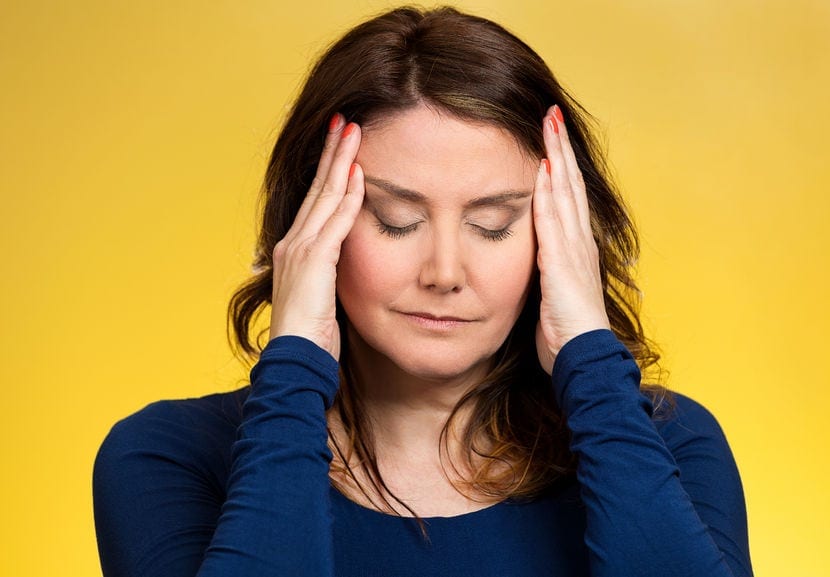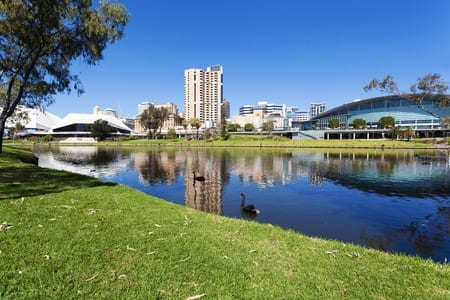According to the Enneagram, you can find out how compatible you are with your partner quite simply by checking out what they called your “Instincts”
We are each endowed with 3 specific instincts that are necessary for our survival. While we have all 3 instincts in us, one of them is our dominant focus. Then we have a second instinct that is used to support the dominant instinct, as well as a third one, which is least developed – a real blind spot in our personality and our values.
These form what they call our “stack”.
Our instinct priority has a huge impact on how compatible we feel with our partner.
If two people have the same first instinct, they are much more likely to get along easily since their basic values and outlook on life are congruent.
Conversely, if your stack is completely opposite to your partner’s, then you can expect tensions and conflicts. Each of you will usually be trying to convert the other.
Most importantly, a healthy balance of all instincts is important. So, if yours is a different stack to your partners, rather than fight about it, you can seek to understand and acknowledge the wisdom in each, learning from each other, and 
1. Self Preservation Instinct.
People of this Instinctual type are focused on enhancing their personal security and physical comfort, and can be preoccupied with the basic survival needs, for example, money, food, housing, health, physical safety and comfort. Being safe and physically comfortable are priorities, and they will often bring their supplies with them.
When entering a room, they will tend to notice lighting, uncomfortable chairs, the room temperature, when the coffee break will be, and whether they will like the food provided.
These people often have issues connected with food and drink, either overdoing it or having strict dietary requirements.
They tend also to be the most practical in the sense of taking care of basic life necessities like paying the bills, maintaining the home and workplace, acquiring useful skills.
If this is an instinct that you have least developed, you may not eat or sleep properly, and can lack the drive to accumulate wealth or property, or even care about such matters. Also time and resource management will typically be neglected, often with seriously detrimental effects to your own careers, social life and material well being.
2. Intimacy / Sexual Instinct.
People of this type have a strong desire for intensity of experience and intimacy. This intensity could be found in great conversation or a great movie. The direct riveting gaze is the dead give- away for people of this type.
When they enter a room they gravitate toward people they feel magnetized to, regardless of the person’s potential for helping them or their social standing. It is as if they are looking for the juice.
These people can be intimacy junkies, and have a strong desire to fuse with someone, often neglecting pressing obligations or even basic maintenance if they are swept up in something that has captivated them. This gives a wide ranging exploratory approach to life, but also a lack of focus on one’s own priorities.
If this is the area that is least developed, you will find you avoid intimacies as much as you can, finding ways to not get up close and personal with people.
3. Social Instinct.
People of this type are focused on their interactions with other people and with the sense of value and esteem they derive from their participation in group activities. These include work, family, hobbies and clubs, or any arena in which you can interact with others for some shared purpose. They understand their own and other peoples sense of place in the hierarchy of groups, and can desire attention, recognition, honor, success, fame, leadership and appreciation, as well as the security of being part of something larger than themselves
On entering a room, these people would immediately be aware of the power structures and subtle politics between the different people and groups. They are subconsciously focused on other’s reaction to them, particularly about whether they are being accepted or not.
They need to know what is going on in their world; they need to touch base with others to feel safe alive and energized.
In general they tend to enjoy interacting with people, but they avoid intimacy. They are the most extroverted of the types.
If you have this as your least developed instinct, you will have a lack of interest socially beyond your immediate needs, with very few friends, and will not be very interested in people. You also disregard the opinions of others very easily. You feel you do not need others and others do not need you, thus there may be frequent misunderstandings with others.
It can be interesting to find out what both your own stack is, and also that of your partners’.
This can give you some great information about whether you feel compatible or not, and what you can do about it. For more help in understanding how these forces work in your relationship, come and discover more in our relationship counselling sessions at the Hart Centre.




 deserted.
deserted.







 Our Hart Psychologist has over 25 years experience. She enjoys working with couples and families on relationship issues to improve skills in communication, problem solving and conflict resolution. She provides
Our Hart Psychologist has over 25 years experience. She enjoys working with couples and families on relationship issues to improve skills in communication, problem solving and conflict resolution. She provides